Imagine that California voters recall Gov. Gavin Newsom (D) next month.
It’s certainly possible; two polls show the “yes” vote within the margin of error, and one has Newsom losing by a wide margin.
If Newsom is recalled, it is likely he will be replaced by a Republican — probably conservative radio host Larry Elder, who would also become the first black governor of California. (The only other candidate to lead a poll is real estate investor and YouTuber Kevin Paffrath, a Democrat.)
Regardless, the next governor will face severe constraints. First of all, the legislature will still be run by Democrats, who have a supermajority in both chambers, and who are dominated by the far-left. Second, the new governor will only serve the remainder of Newsom’s term before facing re-election in 2022, when Democrats are likely to turn out in greater force. So a new governor will have limited ability, and a short window, to make an impact.
Here are 13 things that can be done:
1. Reverse the state mask and vaccine mandates. Californians are willing to take the coronavirus vaccine without being forced to do so. While individual employers can be allowed to impose mandates if they wish, the state government should stick to providing incentives, rather than enforcing mandates that could result in the loss of health care workers, or public safety employees, in a time of need. (Local governments could still be allowed to set their own policies; it is a big state.)
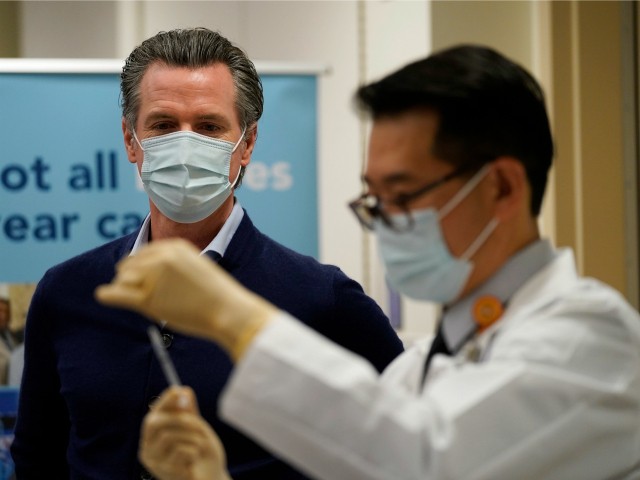
Governor Gavin Newsom watches as the Pfizer-BioNTech COVID-19 vaccine is prepared by Director of Inpatient Pharmacy David Cheng at Kaiser Permanente Los Angeles Medical Center in Los Angeles, California on December 14, 2020. – The United States kicked off a mass vaccination drive Monday hoping to turn the tide on the world’s biggest coronavirus outbreak, as the country’s death toll neared a staggering 300,000. (Photo by Jae Hong / POOL / AFP) (Photo by JAE HONG/POOL/AFP via Getty Images)
2. Deploy the California National Guard to protect the border. In 2018, Gov. Jerry Brown (D) deployed the California National Guard to assist federal authorities in handling a surge of migrants at the southern border. Today, with the crisis far, far worse, California — a border state — can join Florida and Texas in assisting with the ongoing influx of migrants. The state’s interests are at stake, since many illegal aliens make their way to California to use public funds and public services.
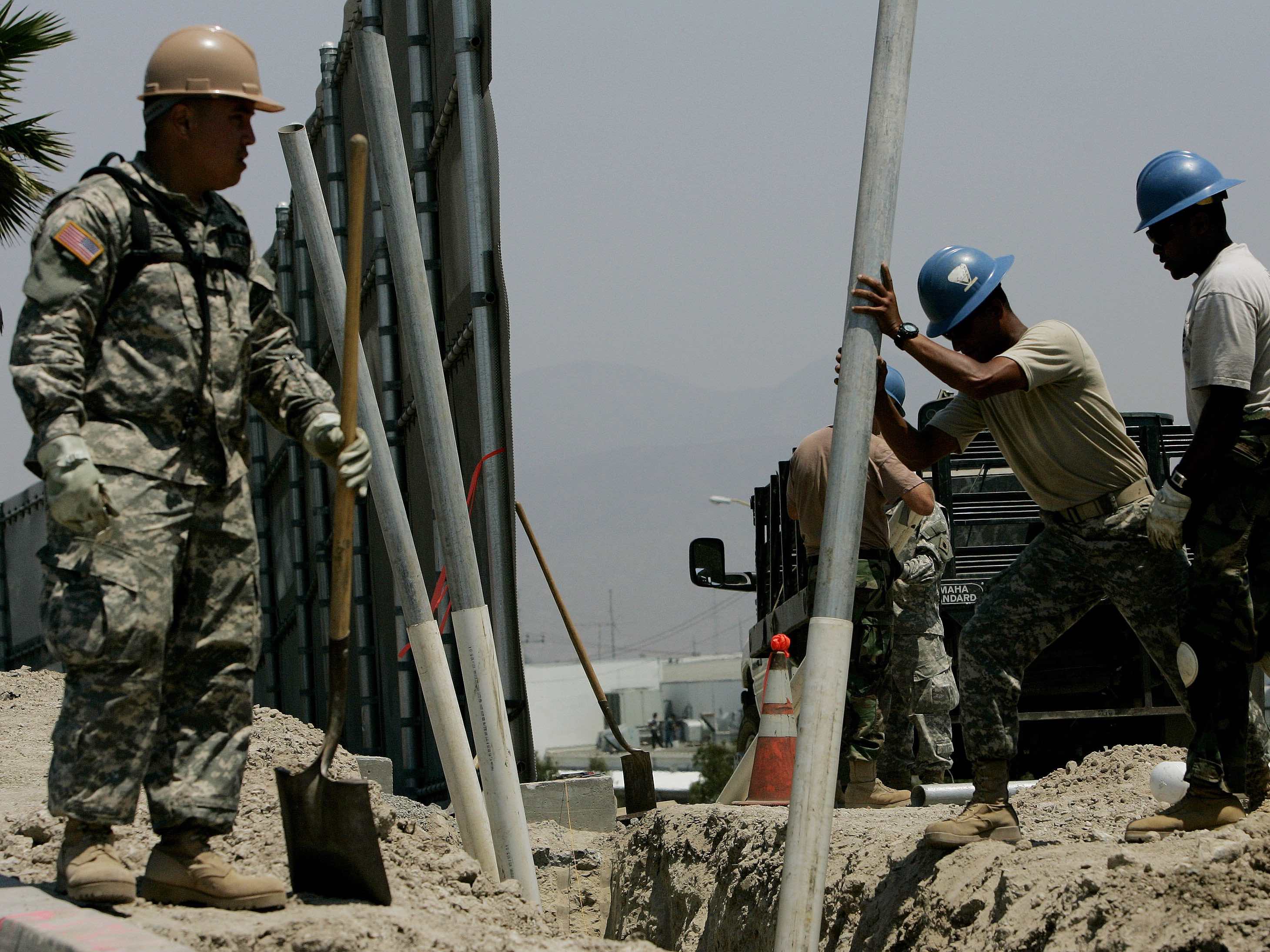
OTAY MESA, CA – JULY 25: Members of the California National Guard prepare to bury plastic pipes for housing electrical wiring along the U.S.-Mexico Border July 25, 2006 in Otay Mesa, California. Approximately 1,000 volunteer Guardsmen are stationed along the California-Mexico border as part of Operation Jump Start, which is providing support for the border patrol agents by repairing fences, improving roads and manning surveillance cameras. The Guard are prohibited from engaging in overt law enforcement. (Photo by Sandy Huffaker/Getty Images)
3. Declare a major disaster on homelessness. The governor should declare a major disaster for the purposes of requesting assistance from the Federal Emergency Management Agency (FEMA) in relocating the homeless to temporary facilities on federal land. Those requiring immediate medical attention should be treated; those requiring mental health care should have it provided; those suffering economic hardship should be placed in temporary housing, and taken off the city streets.
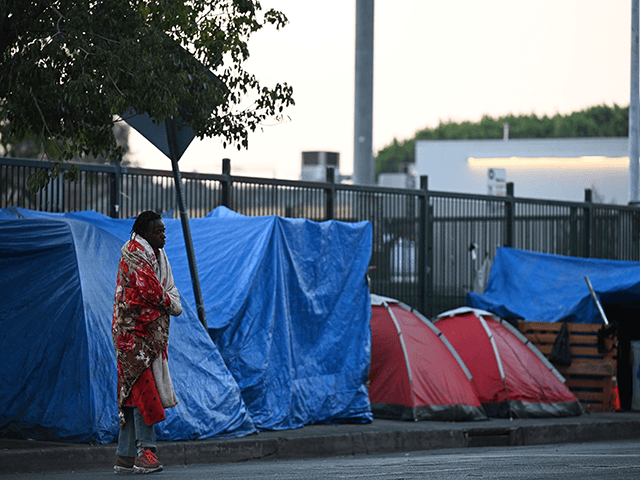
A homeless man stands outside tents on Skid Row, November 25, 2020 in Los Angeles, California, one day ahead of the Thanksgiving holiday. – The Covid-19 pandemic is causing food insecurity for millions of Americans. TheLos Angeles Mission on Skid Row mission is preparing approximately 4,000 meals for the holiday dinner on November 26. (Photo by Robyn Beck / AFP) (Photo by ROBYN BECK/AFP via Getty Images)
4. Declare an emergency on wildfires and waive the California Environmental Quality Act (CEQA) to allow forest clearing. Wildfires are caused by heat and drought, but they are also caused by poor forest management. The state should waive environmental regulations for forests, and invite timber companies to help clear any excess vegetation, create access roads, and trim vegetation from around power lines. (There is no need for California to import lumber from Canada.)

TOPSHOT – A Cal Fire firefighter from the Lassen-Modoc Unit watches as an air tanker makes a fire retardant drop on the Dixie Fire as trees burn on a hillside on August 18, 2021 near Janesville, California. – The wildfire in Northern California continues to grow, burning over 626,000 acres according to CalFire. (Photo by Patrick T. FALLON / AFP) (Photo by PATRICK T. FALLON/AFP via Getty Images)
5. Declare an emergency on water and waive CEQA for the purpose of building and raising reservoirs, and adding desalination plants. California could relieve much of its chronic water scarcity by raising the height of the Shasta Dam, and building the Sites Reservoir and the Temperance Reservoir. In addition, it could expand upon efforts in San Diego to use desalination technology to provide drinking water in coastal regions, as well as to process wastewater into fresh water.
6. Halt the decommissioning of the Diablo Canyon nuclear power plant. The state’s only remaining nuclear power plant is scheduled to be shut down in 2024. But given the state’s growing power shortages, and the supposed urgency of climate change, California should be expanding, not eliminating, nuclear power. Diablo Canyon should remain online, and the state should convene an expert panel to recommend a healthier energy mix than premature reliance on solar and wind power.
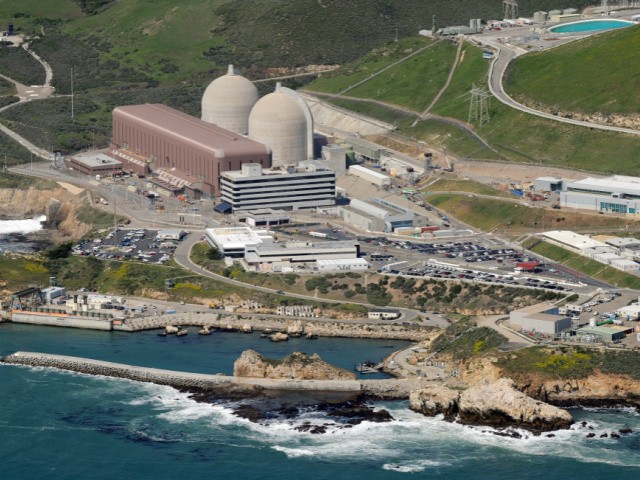
Aerial view of the Diablo Canyon Nuclear Power Plant which sits on the edge of the Pacific Ocean at Avila Beach in San Luis Obispo County, California on March 17, 2011. Some of America’s nuclear power plants loom near big city populations, or perch perilously close to earthquake fault lines. Others have aged past their expiration dates but keep churning anyway. President Barack Obama has demanded that the 104 nuclear reactors at 65 sites get a second look as scientists warn that current regulatory standards don’t protect the US public from the kind of atomic fallout facing quake-hit Japan. AFP PHOTO/Mark RALSTON (Photo credit should read MARK RALSTON/AFP via Getty Images)
7. Call a special session of the legislature to deal with crime. The state’s permissive criminal justice “reforms” have led to a crime wave that has made many communities unlivable. The new governor can use the power to call the legislature back to Sacramento to overturn parts of bad laws like Proposition 47, which makes it harder to prosecute petty theft and other crimes; and to reinstate cash bail, which voters did not want to repeal but which the state court partially tossed out.
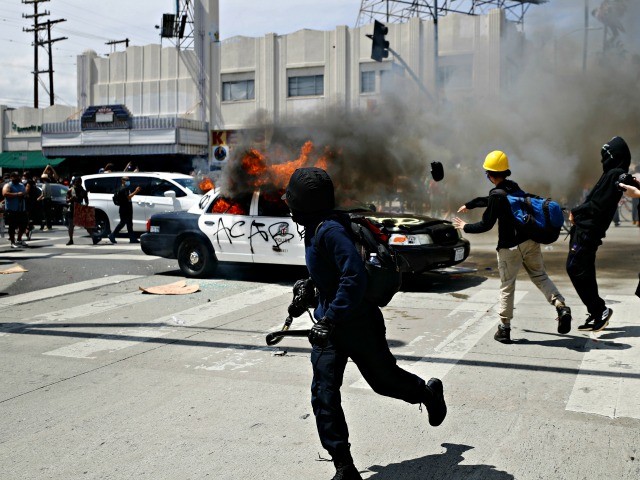
LOS ANGELES, CALIFORNIA – MAY 30: An LAPD vehicle burns after being set alight by protestors during demonstrations following the death of George Floyd on May 30, 2020 in Los Angeles, California. The vast majority of protestors demonstrated peacefully. Former Minneapolis police officer Derek Chauvin was taken into custody for Floyd’s death. Chauvin has been accused of kneeling on Floyd’s neck as he pleaded with him about not being able to breathe. Floyd was pronounced dead a short while later. Chauvin and 3 other officers, who were involved in the arrest, were fired from the police department after a video of the arrest was circulated. (Photo by Mario Tama/Getty Images)
8. Stop the closure of the California Correctional Center. California should be arresting and incarcerating criminals, not turning them loose in the middle of a crime wave. The state prison in Susanville not only houses thousands of inmates, but also provides jobs in rural California. The new governor should also halt a policy that requires the state to house inmates based on their chosen gender, a policy that is likely being abused by biological males, placing female inmates in danger.
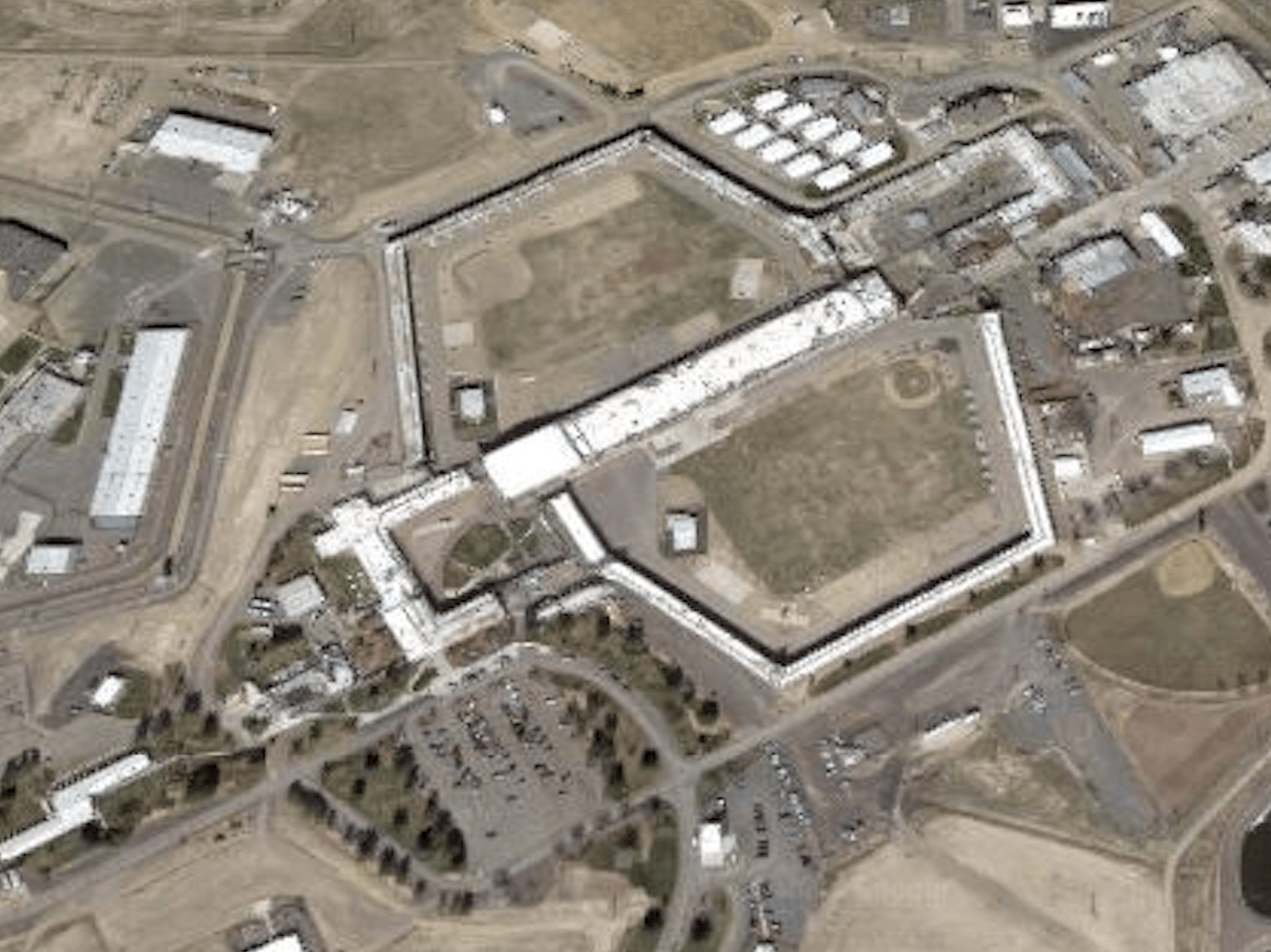
Aerial view of the California Correctional Center, Susanville, CA. (www.PrisonInsight.com / Flickr / CC / Cropped)
9. Create California “opportunity scholarships” for school choice. Using the governor’s power over discretionary grants, the new administration could set aside grant money for students rather than districts, creating a pilot program providing school vouchers to qualifies disadvantaged students to attend private schools of their choice. The success and popularity of the program will create additional public pressure on state legislators to expand school choice in California.
10. Direct the state department of education to eliminate Critical Race Theory from public school curricula. The state should not permit students to be instructed in values that not only falsify the country’s history, but which also break with the spirit of the state’s constitution, which outlaws racial discrimination. The governor should halt the implementation of the state’s new “model” ethnic studies curriculum until it can be reviewed for compliance with this no-CRT policy.
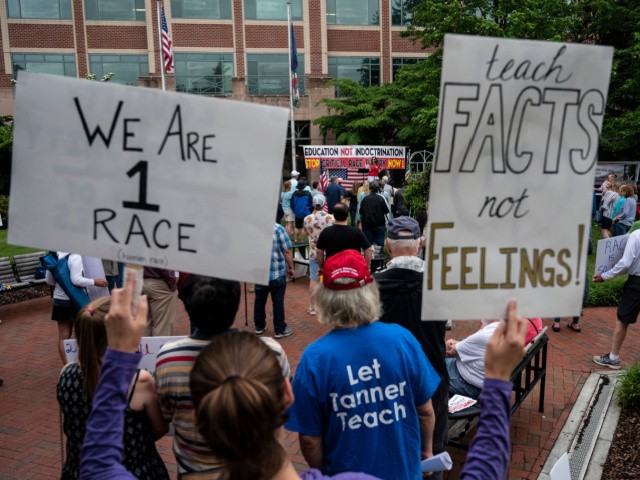
People hold up signs during a rally against “critical race theory” (CRT) being taught in schools at the Loudoun County Government center in Leesburg, Virginia on June 12, 2021. – “Are you ready to take back our schools?” Republican activist Patti Menders shouted at a rally opposing anti-racism teaching that critics like her say trains white children to see themselves as “oppressors.” “Yes!”, answered in unison the hundreds of demonstrators gathered this weekend near Washington to fight against “critical race theory,” the latest battleground of America’s ongoing culture wars. The term “critical race theory” defines a strand of thought that appeared in American law schools in the late 1970s and which looks at racism as a system, enabled by laws and institutions, rather than at the level of individual prejudices. But critics use it as a catch-all phrase that attacks teachers’ efforts to confront dark episodes in American history, including slavery and segregation, as well as to tackle racist stereotypes. (Photo by ANDREW CABALLERO-REYNOLDS / AFP) (Photo by ANDREW CABALLERO-REYNOLDS/AFP via Getty Images)
11. Replace the leadership of the dysfunctional Employment Development Department (EDD). The state department responsible for handling unemployment benefits and maternity leave has been plagued by fraud and mismanagement. A new leadership team appointed last year has failed to solve the problems, which hit the poor hardest. A new governor should replace the leadership at the EDD and invite Silicon Valley’s tech companies to fix the system within six months.
12. Cancel the existing high-speed rail contracts and use the money for better infrastructure projects. There is no demand for a high-speed rail system between Los Angeles and San Francisco. The money should be used to widen and fix existing roads. The state could consider high-speed rail where there is private interest in such a project — such as L.A. to Las Vegas — and could invite pilot proposals to develop new technologies, such as the Hyperloop or underground tunnels.
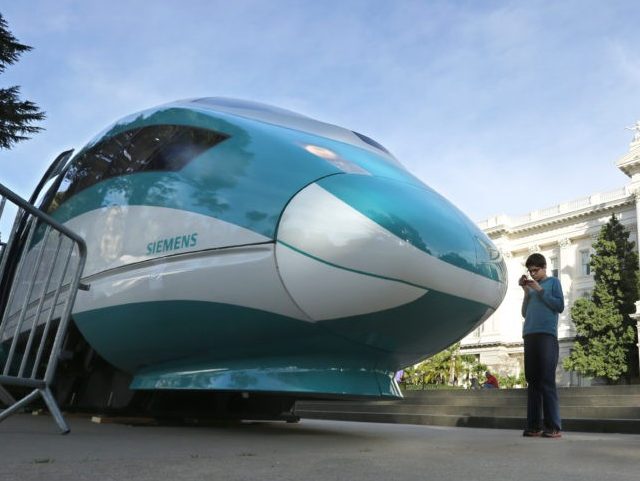
FILE – In this Feb. 26, 2015 file photo, a full-scale mock-up of a high-speed train is displayed at the Capitol in Sacramento, Calif. The board that oversees California’s massive high-speed rail project is meeting in Sacramento on Thursday afternoon, April 28, 2016, to consider a new $64 billion business plan. The updated plan calls for a station in Merced and the first stretch to go from the Central Valley to the San Jose area. (AP Photo/Rich Pedroncelli, File)
13. Simplify the state budget and give local governments more money and discretion. The new governor should present a pared-down budget that any resident of the state can understand, rather than burying budget mandates and loopholes in an indecipherable, unmanageable plan. The budget should also send funding down to the local level through black grants rather than having Sacramento controlling the purse strings for every project, or dictating unfunded mandates.
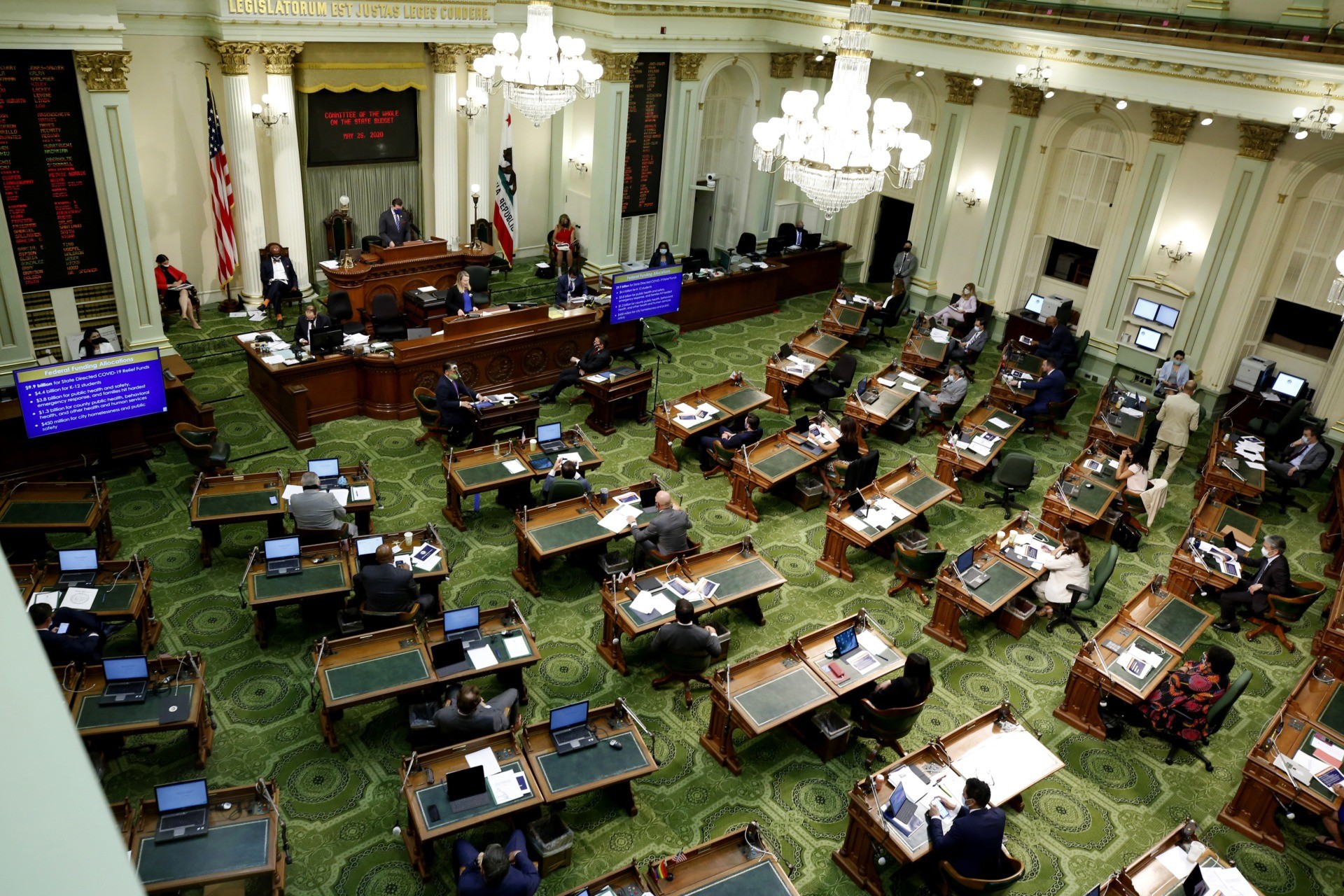
In this May 26, 2020, file photo, members of the state Assembly meet at the Capitol in Sacramento, Calif. On Thursday, July 15, 2021, California lawmakers are scheduled to vote on a bill that would fund guaranteed income programs across the state. Guaranteed income programs give money to people each month with no restrictions on how they can spend it. (AP Photo/Rich Pedroncelli, Pool, File)
Joel B. Pollak is Senior Editor-at-Large at Breitbart News and the host of Breitbart News Sunday on Sirius XM Patriot on Sunday evenings from 7 p.m. to 10 p.m. ET (4 p.m. to 7 p.m. PT). He is the author of the recent e-book, Neither Free nor Fair: The 2020 U.S. Presidential Election. His recent book, RED NOVEMBER, tells the story of the 2020 Democratic presidential primary from a conservative perspective. He is a winner of the 2018 Robert Novak Journalism Alumni Fellowship. Follow him on Twitter at @joelpollak.
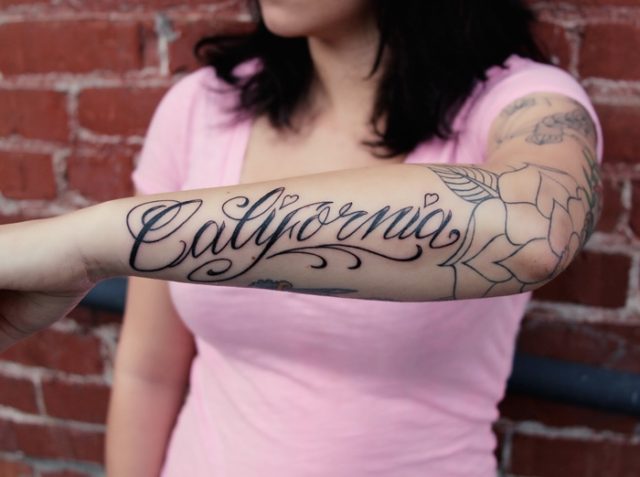
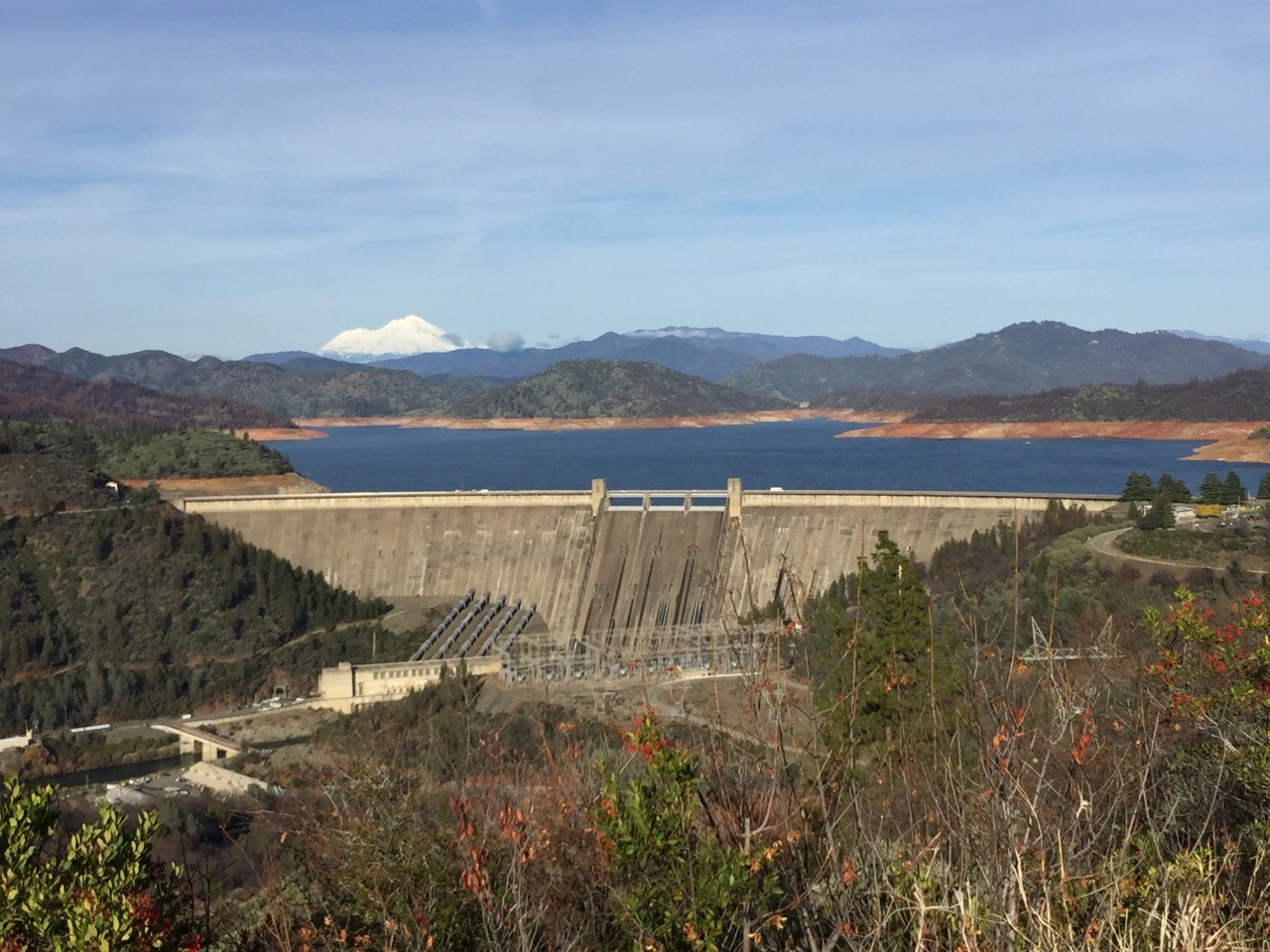
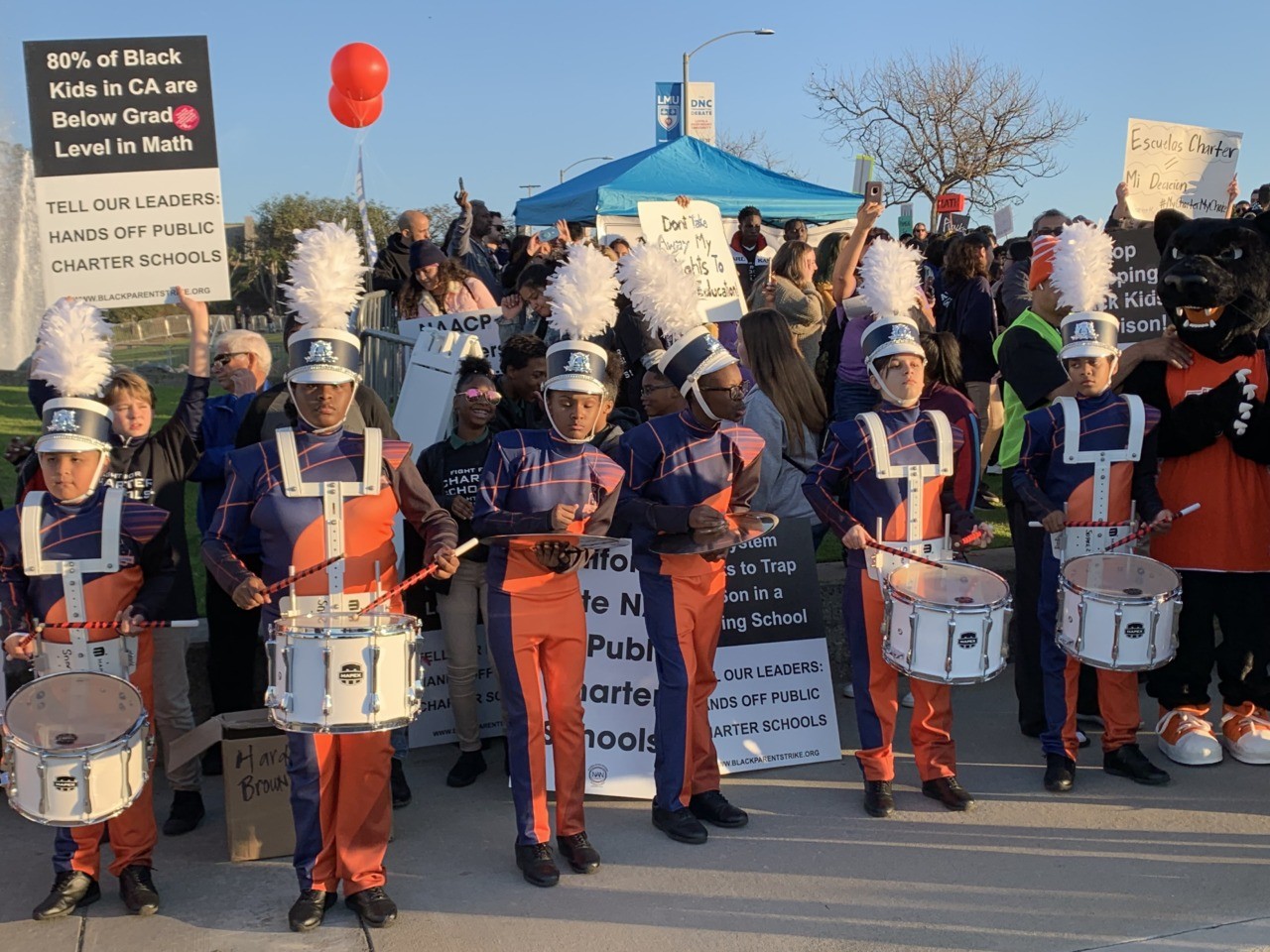
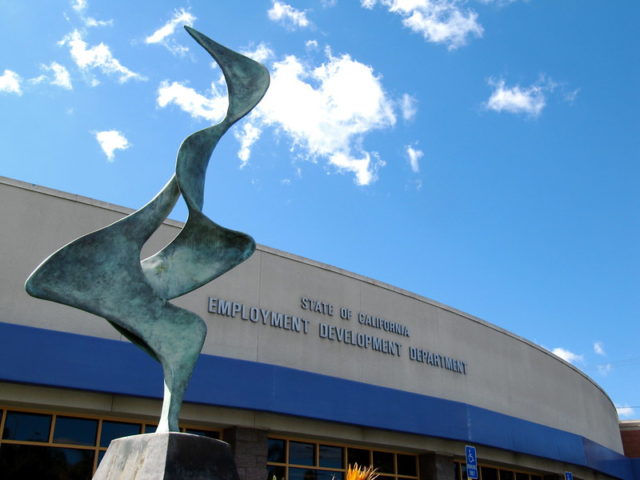
COMMENTS
Please let us know if you're having issues with commenting.